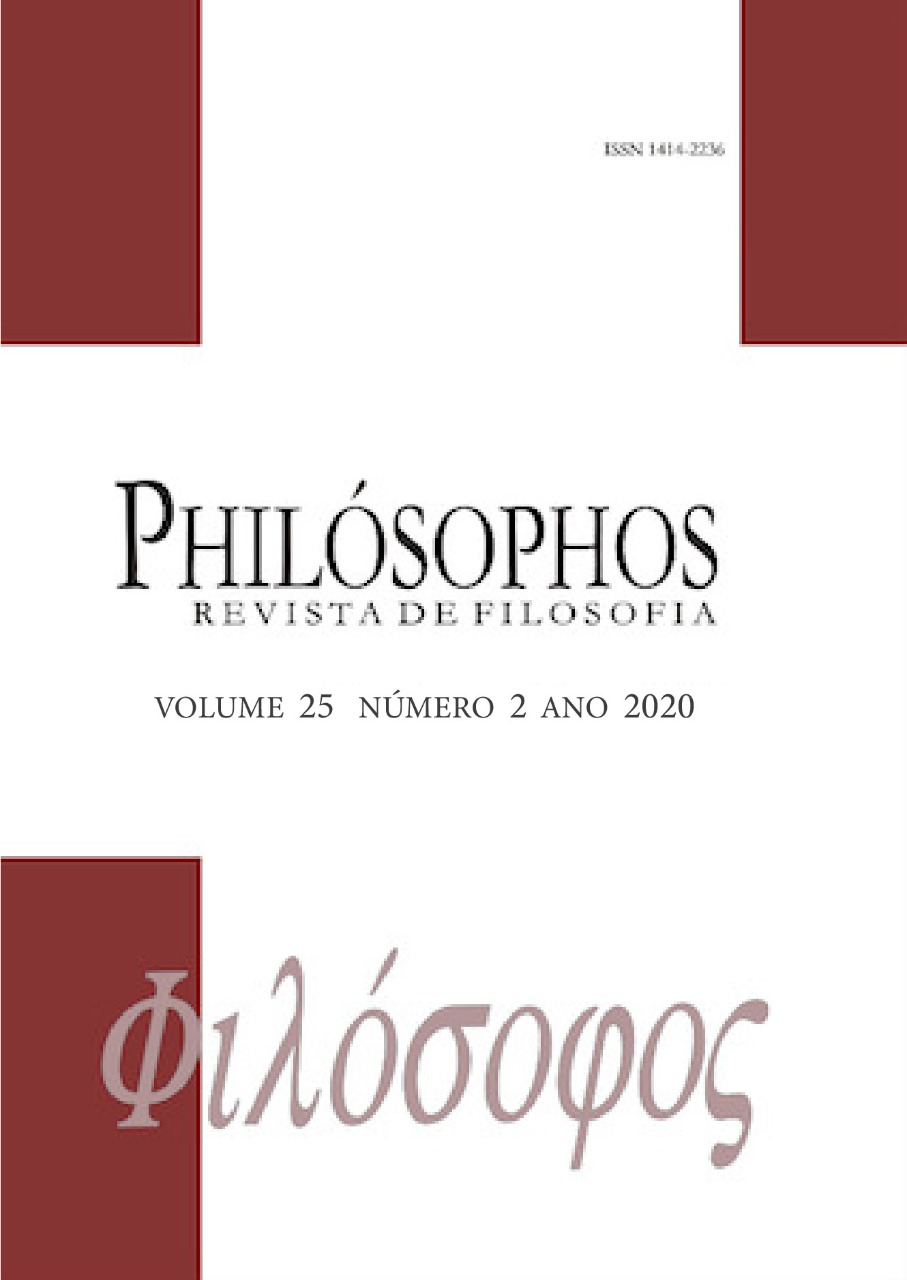Beyond Literality:
Art as an Extension of the Human Sphere in Susanne Langer
DOI:
https://doi.org/10.5216/phi.v25i2.64728Abstract
This article intends to examine the close relationship between Susanne Langer’s philosophical anthropology and philosophy of art. Since both fields are sustained, on Langer’s thought, by an epistemological and semantical concern, we will initially consider the philosopher’s possible response to the Kantian question “What can I know?”, which is related to our possible ways of articulating meanings. Secondly, we will discuss the distinction between our two basic devices for generating and handling meanings: the signs and the symbols, classified, in turn, as discursive and presentational symbols. At the end, we will investigate the distinctiveness of the works of art as presentational symbols, in order to clarify concepts such as feeling, expression, self-expression, abstraction and ineffability, which, besides playing a central role in Langer’s aesthetics, reverberate on the question of the limits of human’s expressivity and knowledge. Along the proposed itinerary, we will verify how Langer may extend and deepen our self-understanding by the (theoretical and experiential) recognition of the sphere of art.
Downloads
Downloads
Published
How to Cite
Issue
Section
License
Copyright (c) 2021 Philósophos a journal of philosophy

This work is licensed under a Creative Commons Attribution-NonCommercial-NoDerivatives 4.0 International License.
Authors who publish in this journal agree to the following terms:
- Authors retain copyright and grant the journal right of first publication, with the work simultaneously licensed under a Creative Commons Attribution License that allows others to share the work with an acknowledgement of the work's authorship and initial publication in this journal.
- Authors are authorized to enter into separate, additional contractual arrangements for the non-exclusive distribution of the journal's published version of the work (e.g., publishing in an institutional repository or as a book chapter), with an acknowledgement of its authorship and initial publication in this journal.















